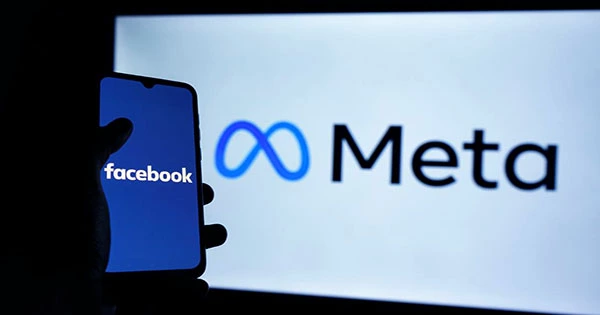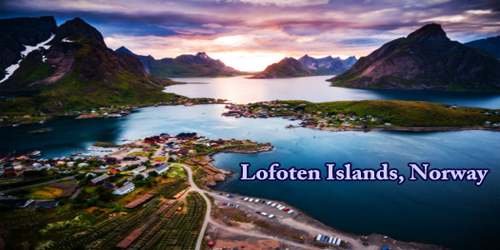A legal firm threatened to sue Meta, the American social networking behemoth, and its key content moderation subcontractor in Africa, Sama, over-claimed hazardous and unjust working conditions at the latter’s center in Kenya a few weeks ago. Nzili & Sumbi Advocates, a law company, claimed that Sama had infringed the rights of its Kenyan and foreign employees, including their health and privacy. Meta and Sama were required to follow Kenyan labor, privacy, and health regulations, as well as give proper mental health insurance and higher remuneration to its moderators.
Meta has distanced itself from the charges in retorts seen by TechCrunch. Sama has also denied any misconduct in the firing of former employee Daniel Motaung for spearheading a walkout in 2019 about low wages and working conditions. “Your client’s employment was terminated due to inappropriate behaviors performed against coworkers that put their safety in jeopardy. The procedure that led to your client’s discharge was fair, transparent, and properly recorded; there is no foundation for the complaint that your client was fired unfairly. Similarly, there is no foundation for the assertion that your client is entitled to compensation,” Sama’s solicitors, Bowmans, wrote to Motaung’s lawyer, Mercy Mutemi.

The law company representing Motaung has vowed to proceed with the lawsuit filing. Sama’s problems began when a Time article revealed how the firm recruited its moderators on the false pretense of taking call center employment. According to the narrative, the content moderators were hired from all around Africa and only discovered about the nature of their duties after signing employment contracts and relocating to Nairobi, Kenya’s capital.
The moderators go through social media messages across all platforms, including Facebook, to eliminate those who spread hatred, disinformation, and violence. Employees are obliged to follow a number of rules, including not exposing the nature of their positions to others. According to the article, the remuneration of content moderators in Africa is the lowest in the world. Since the exposé, Sama, which bills itself as an ethical AI startup, has raised its salaries. Sama, according to Motaung’s lawyer, neglected to provide necessary psychosocial assistance and mental health measures to her client and his coworkers, including “unplanned pauses when needed, particularly following exposure to explicit content.”
Employee productivity was allegedly tracked using Meta’s software, which measured employee screen use and mobility during work hours. “30 minutes a day with a wellness consultant,” Sama said. Meta said it was unaware of its subcontractor’s deal with Moutang. “As a result, there was no employer-employee connection between Meta and the Claimant (Motaung) on which a cause of action could be based.”
As Meta is not and has never been the Claimant’s employer, no action may be taken against Meta for any rights and/or responsibilities purportedly owed to him with respect to his employment with Sama,” stated Anjaarwalla & Khanna LLP, the law firm defending Meta. A Meta spokeswoman told TechCrunch in a recent story that the company conducts frequent checks on its partners and encourages reviewers to file complaints when problems develop. “We take our responsibilities to the people who review material for Meta seriously, and we demand that our partners provide industry-leading salaries, benefits, and support,” they continued.
















